Autor: admin7748
-
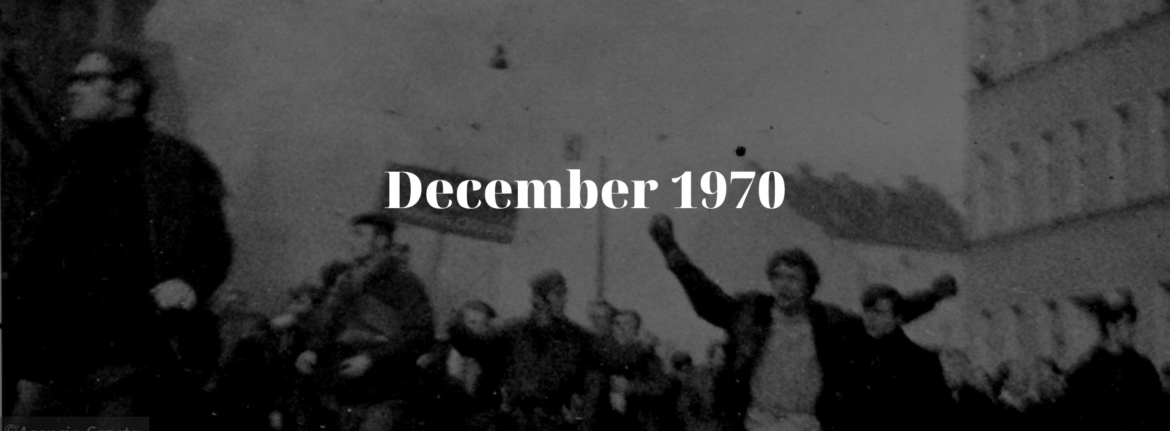
The events of December 1970 (Grudzień 1970) stand as one of the darkest chapters in Polish post-war history. What began as protests against sudden price hikes quickly escalated into a violent confrontation between the authorities and workers along Poland’s northern coast. The brutal suppression of demonstrations in cities like Gdańsk, Gdynia, Elbląg, and Szczecin revealed…
-

“Na szczycie” (On the top) is the most popular polish hip-hop song. It was made by rapper Grubson after death of his 2 friends. It is a touching piece about passing and wonders of life and celebrating similiarites of all people around the world. It was aired in 2009 and on rappers first studio album:…
-
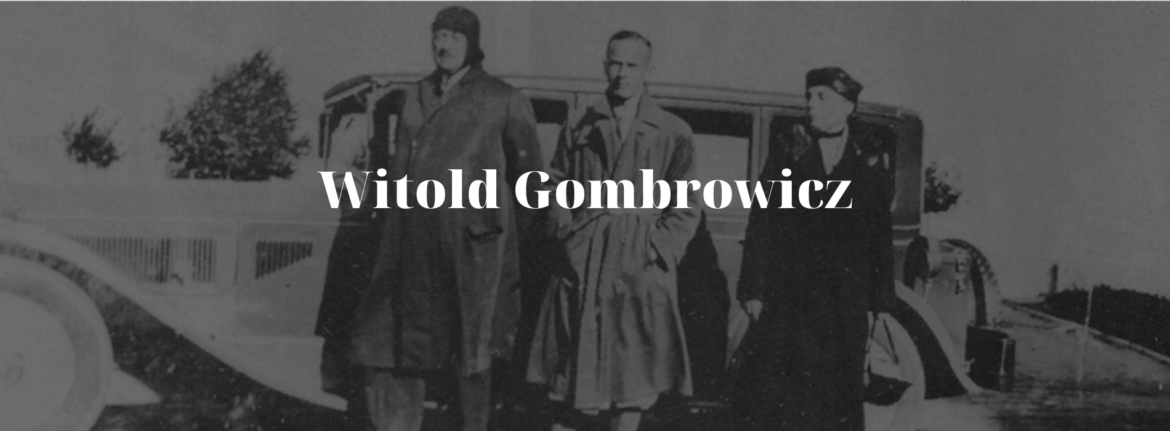
Witold Gombrowicz is one of the most intriguing and complex figures in 20th-century Polish literature. Known for his rebellious spirit, sharp wit, and unorthodox approach to form and identity, Gombrowicz’s works challenged conventions, questioned social norms, and explored the fluidity of human nature. His writing remains a cornerstone of Polish literary heritage, continuing to provoke…
-
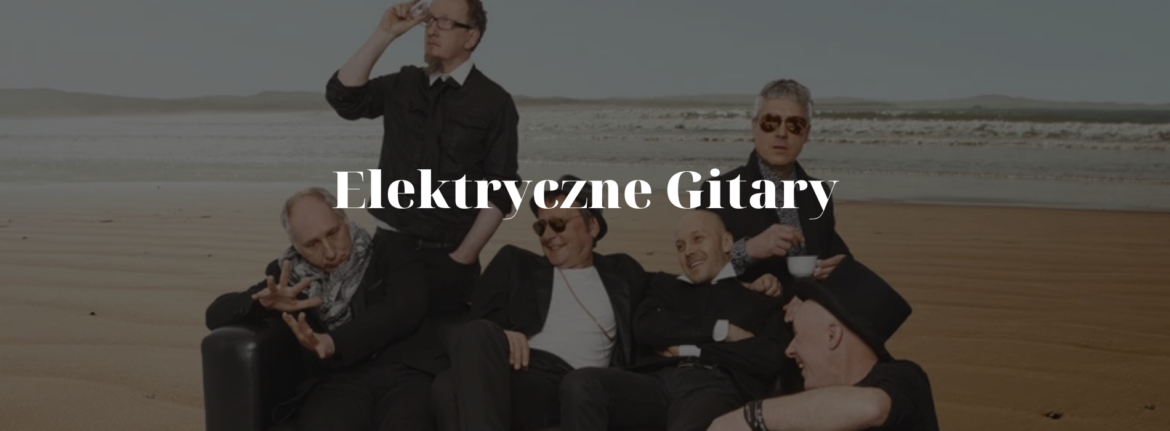
Song “Dzieci” (Children) made by band Elektryczne Gitary (Electric Guitar) is a song about growing up. But this song takes different look at growing up focusing more about irony of youth rebellion and adults planning life’s for their children. Lyrics is have many different meanings and can be understand at very different level but rhythm…
-
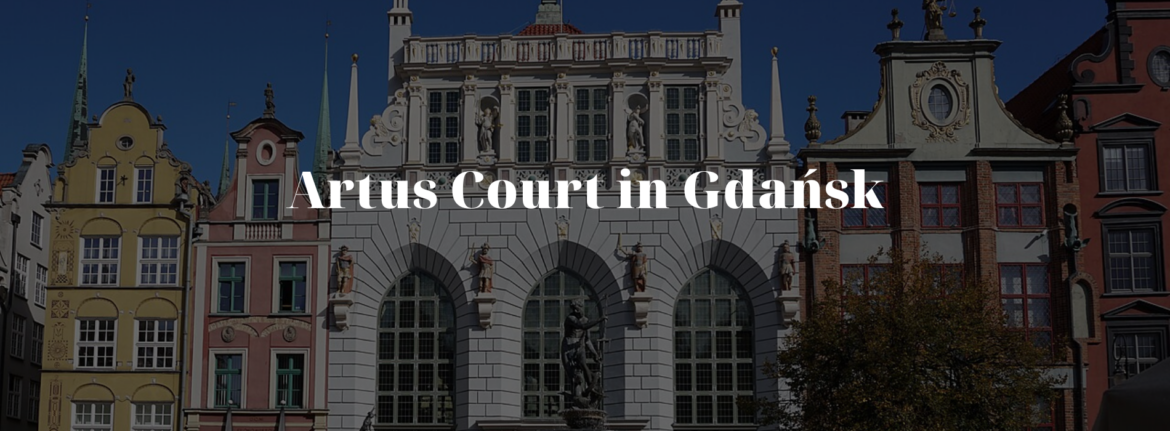
Artus Court in Gdańsk is one of the city’s most significant historical landmarks, once serving as a centre for social and commercial life. Today, it houses the Gdańsk Museum and functions as a prestigious venue for official city ceremonies. Origins and the Medieval Period The name „Artus Court” is derived from the legend of King…
-
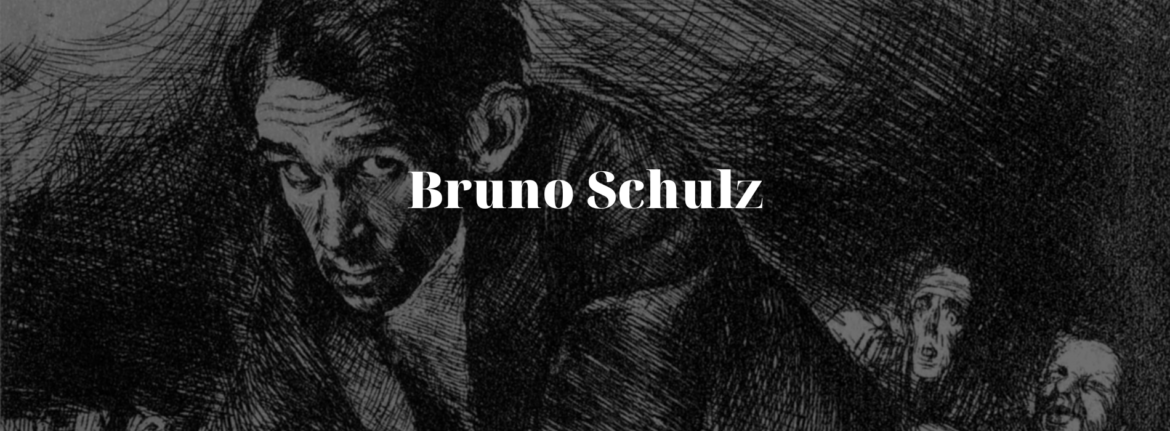
Bruno Schulz, one of Poland’s most distinctive literary figures, left behind a small but profoundly influential body of work that continues to captivate readers worldwide. His dreamlike prose, rich with symbolism and myth, draws on personal memory, Jewish heritage, and the surreal landscapes of his hometown, Drohobych. Schulz’s writing, though sparse in quantity, stands as…
-
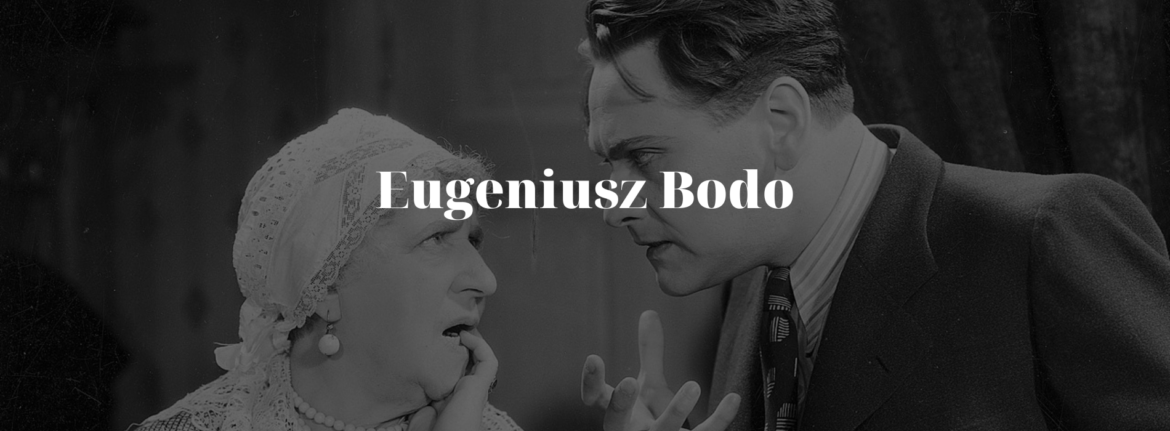
Eugeniusz Bodo, born Bohdan Eugène Junod on 28 December 1899 in Geneva, was one of the most significant figures in Polish entertainment during the interwar period. His versatile talents encompassed film and theatre acting, directing, screenwriting, singing, and dancing. His charisma and artistic abilities made him an icon of Polish popular culture of the time.…
-

The imposition of martial law in Poland on 13 December 1981 marked one of the darkest chapters in the country’s modern history. Introduced by General Wojciech Jaruzelski and the communist authorities, it was a desperate attempt to suppress the growing opposition spearheaded by the Solidarity movement (Solidarność). This dramatic period of oppression left a profound…
-
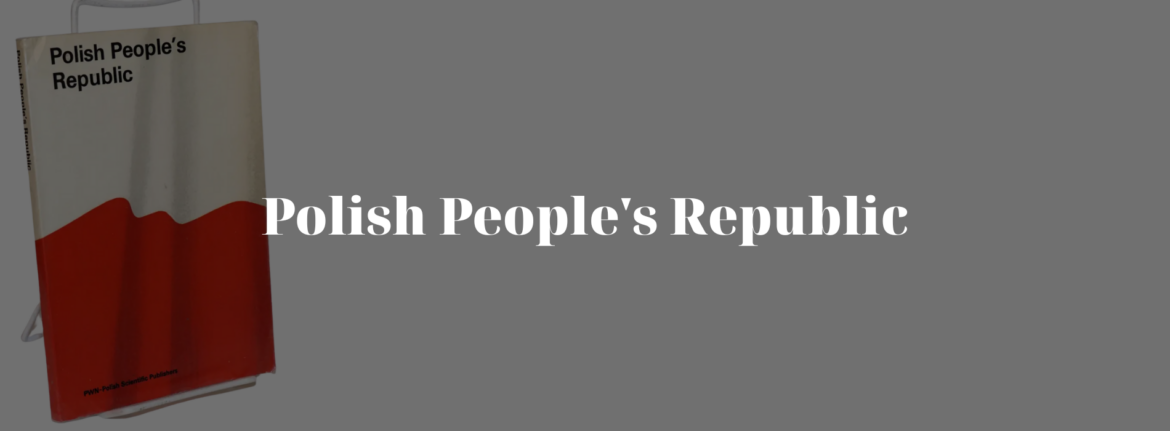
The era of the Polish People’s Republic (Polska Rzeczpospolita Ludowa, PRL) spanned from 1947 to 1989, marking a significant chapter in Poland’s 20th-century history. Defined by communist rule under the influence of the Soviet Union, the PRL left a complex legacy, blending industrial progress and social reforms with political oppression and economic hardships. The Establishment…
-

The events of March 1968 (Marzec 1968) in Poland were a pivotal moment in the country’s history, marking the intersection of political repression, student protests, and an anti-Semitic campaign that would leave a deep scar on Polish society. What began as a demonstration for cultural freedom quickly escalated into a nationwide crisis, revealing the extent…